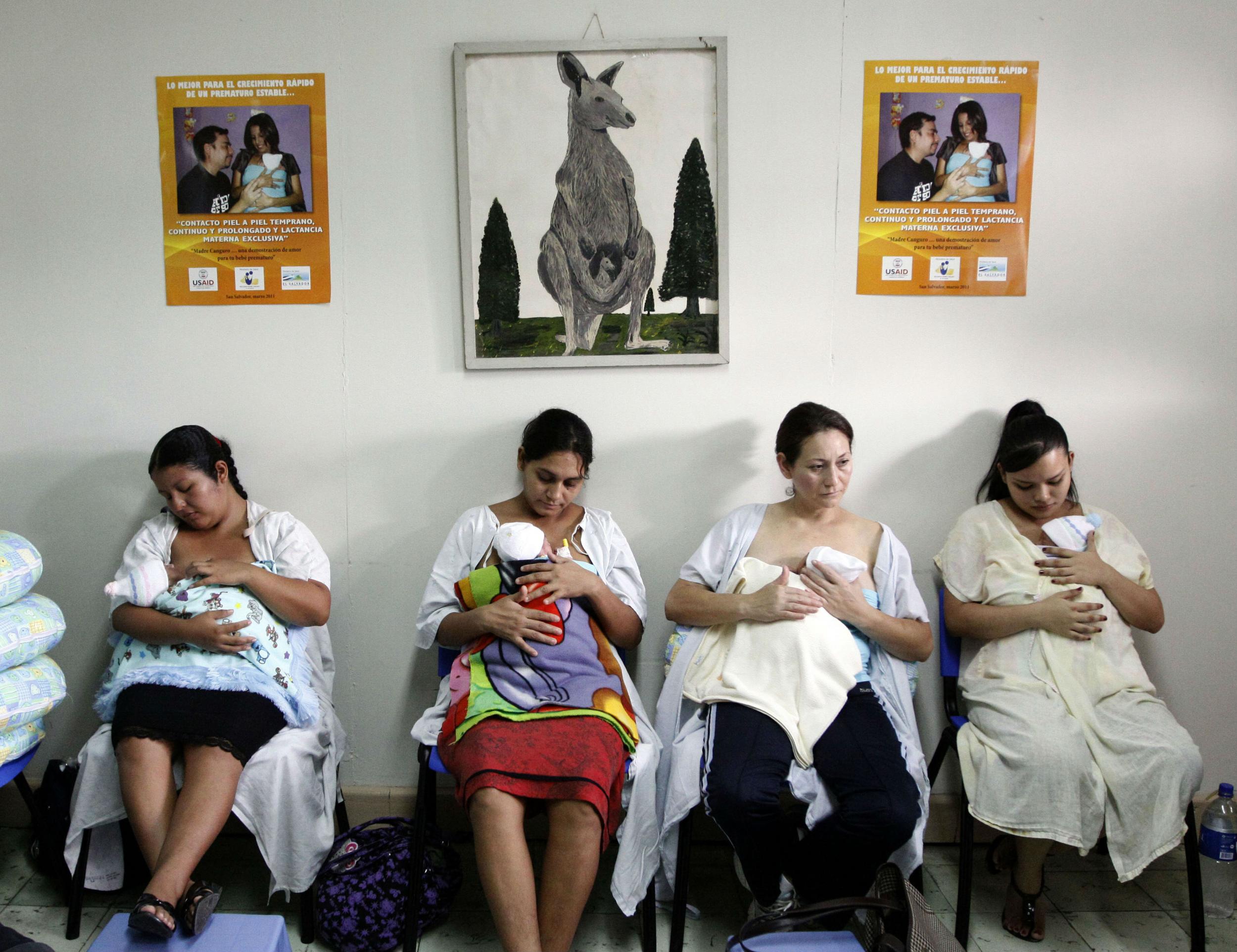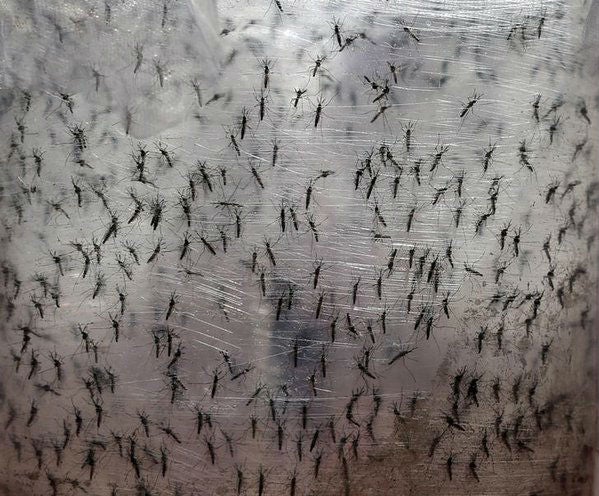Zika virus: El Salvador urges women not to get pregnant until 2018 in order to avoid birth defects
Evidence in Brazil has suggested a link between Zika infections and rising cases of microcephaly

Your support helps us to tell the story
From reproductive rights to climate change to Big Tech, The Independent is on the ground when the story is developing. Whether it's investigating the financials of Elon Musk's pro-Trump PAC or producing our latest documentary, 'The A Word', which shines a light on the American women fighting for reproductive rights, we know how important it is to parse out the facts from the messaging.
At such a critical moment in US history, we need reporters on the ground. Your donation allows us to keep sending journalists to speak to both sides of the story.
The Independent is trusted by Americans across the entire political spectrum. And unlike many other quality news outlets, we choose not to lock Americans out of our reporting and analysis with paywalls. We believe quality journalism should be available to everyone, paid for by those who can afford it.
Your support makes all the difference.El Salvador has urged women to avoid getting pregnant until 2018 to avoid their children developing birth defects from the mosquito-borne Zika virus which has rampaged through the Americas.
The Zika virus is transmitted by the Aedes aegypti mosquito, which is also known to carry the dengue, yellow fever and Chikungunya viruses. Health experts are unsure why the virus, which was first detected in Africa in 1947 but unknown in the Americas until last year, is spreading so rapidly in Brazil and neighboring countries.
Reuters said that although research is still underway, significant evidence in Brazil has suggested a link between Zika infections and rising cases of microcephaly, a neurological disorder in which infants are born with smaller craniums and brains.

On Thursday, El Salvador’s Deputy Health Minister, Eduardo Espinoza, said 5,397 cases of the Zika virus had been detected in the country in 2015 and the first few days of this year.
“We’d like to suggest to all the women of fertile age that they take steps to plan their pregnancies, and avoid getting pregnant between this year and next,” he said.
Official figures show 96 pregnant women are suspected of having contracted the virus, but so far none have had babies born with microcephaly.
In Colombia, which has the second-highest Zika infection rate after Brazil, the government is also advising women to delay becoming pregnant, but only for six to eight months.
Meanwhile, in Brazil it was reported that the number of babies born with suspected microcephaly or abnormally small heads since October has now reached nearly 4,000. In the worst affected area, about one per cent of newborns have suspected microcephaly.
Join our commenting forum
Join thought-provoking conversations, follow other Independent readers and see their replies
Comments